With new technologies revolutionizing data collection, wildlife researchers are becoming increasingly able to collect data at much higher volumes than ever before. Now we are facing the challenges of putting this information to use, bringing the science of big data into the conservation arena. With the help of machine learning tools, this area holds immense potential for conservation practices. The applications range from online trafficking alerts to species-specific early warning systems to efficient movement and biodiversity monitoring and beyond.
However, the process of building effective machine learning tools depends upon large amounts of standardized training data, and conservationists currently lack an established system for standardization. How to best develop such a system and incentivize data sharing are questions at the forefront of this work. There are currently multiple AI-based conservation initiatives, including Wildlife Insights and WildBook, that are pioneering applications on this front.
This group is the perfect place to ask all your AI-related questions, no matter your skill level or previous familiarity! You'll find resources, meet other members with similar questions and experts who can answer them, and engage in exciting collaborative opportunities together.
Just getting started with AI in conservation? Check out our introduction tutorial, How Do I Train My First Machine Learning Model? with Daniel Situnayake, and our Virtual Meetup on Big Data. If you're coming from the more technical side of AI/ML, Sara Beery runs an AI for Conservation slack channel that might be of interest. Message her for an invite.
Header Image: Dr Claire Burke / @CBurkeSci

Explore the Basics: AI
Understanding the possibilities for incorporating new technology into your work can feel overwhelming. With so many tools available, so many resources to keep up with, and so many innovative projects happening around the world and in our community, it's easy to lose sight of how and why these new technologies matter, and how they can be practically applied to your projects.
Machine learning has huge potential in conservation tech, and its applications are growing every day! But the tradeoff of that potential is a big learning curve - or so it seems to those starting out with this powerful tool!
To help you explore the potential of AI (and prepare for some of our upcoming AI-themed events!), we've compiled simple, key resources, conversations, and videos to highlight the possibilities:
Three Resources for Beginners:
- Everything I know about Machine Learning and Camera Traps, Dan Morris | Resource library, camera traps, machine learning
- Using Computer Vision to Protect Endangered Species, Kasim Rafiq | Machine learning, data analysis, big cats
- Resource: WildID | WildID
Three Forum Threads for Beginners:
- I made an open-source tool to help you sort camera trap images | Petar Gyurov, Camera Traps
- Batch / Automated Cloud Processing | Chris Nicolas, Acoustic Monitoring
- Looking for help with camera trapping for Jaguars: Software for species ID and database building | Carmina Gutierrez, AI for Conservation
Three Tutorials for Beginners:
- How do I get started using machine learning for my camera traps? | Sara Beery, Tech Tutors
- How do I train my first machine learning model? | Daniel Situnayake, Tech Tutors
- Big Data in Conservation | Dave Thau, Dan Morris, Sarah Davidson, Virtual Meetups
Want to know more about AI, or have your specific machine learning questions answered by experts in the WILDLABS community? Make sure you join the conversation in our AI for Conservation group!
- @tutgut5
- | she/her
- 0 Resources
- 7 Discussions
- 8 Groups
Key Conservation



- 2 Resources
- 19 Discussions
- 8 Groups
- @SrinivasSivakumar
- | none
I am a an Engineer at Wild Life Conservation Trust, India looking to build some tech for the WildLife.
- 0 Resources
- 0 Discussions
- 2 Groups
- @katerakelly
- | she/her
I am a machine learning researcher (PhD UC Berkeley 2021) looking for opportunities to use my skills to help combat and mitigate climate change and support biodiversity. Research experience in few-shot learning, image recognition, and reinforcement learning.
- 0 Resources
- 0 Discussions
- 1 Groups
Durrell Institute of Conservation and Ecology (DICE), University of Kent
Conservation Science PhD student at DICE, Kent. I am a GIS and remote sensing enthusiast as well as researcher. Been in love with the interaction between AI and conservation ever since I picked up a python crash course book out of curiosity during my undergraduate degree.
- 0 Resources
- 0 Discussions
- 12 Groups
- @LouisaRC
- | she/her
LRC Wildlife Conservation
With 20 years of experience as a conservation practitioner, I have transitioned from a carnivore scientist to Dean, mentoring Africa’s next generation of conservation leaders. Now, as a consultant, I develop strategies integrating innovative Web 3.0 technologies for conservation.
- 1 Resources
- 1 Discussions
- 4 Groups
Conservation Director, Texas with National Audubon Society
- 0 Resources
- 4 Discussions
- 3 Groups
- 0 Resources
- 0 Discussions
- 3 Groups
- @pchwalek
- | He/him/his
I'm a PhD candidate in the Responsive Environments Group, working on electronic systems for human and wildlife monitoring.



- 0 Resources
- 18 Discussions
- 9 Groups
I am a scientist with research background in evolutionary-ecological genomics and have impact at the senate level to prevent a government viral biocontrol release. UK based and looking to connect with passionate dreamers ready to shift paradigms
- 0 Resources
- 3 Discussions
- 9 Groups
MSc student in wildlife management and conservation


- 0 Resources
- 2 Discussions
- 12 Groups
- @LauraKloepper
- | she/her
Associate Professor at the University of New Hampshire. Our research aims to uncover behavioral principles underlying acoustic sensing, inspire the design of active sensing technology, and improve population monitoring for animal conservation.

- 1 Resources
- 3 Discussions
- 5 Groups
This article explores the use of IoT and Machine Learning Technologies in Ewaso Nyiro River, Kenya - which serves several communities as well as wildlife in Olpejeta Conservancy and Lewa Conservancy, among others. Data...
21 October 2021
The International Journal of Computer Vision is calling for papers on Computer Vision Approach for Animal Tracking and Modeling. Visit the Springer website for further details and submission guidelines.
20 September 2021
In this thought piece from Whale Seeker, Malcolm Kennedy considers the strengths of weaknesses of citizen science and AI, both used to analyze large amounts of conservation data, and discusses the importance of data...
19 August 2021
Today, we're chatting with our WILDLABS Fellowship: On the Edge partners at Edge Impulse about how conservation tech funding and support can be more sustainable, and why reimagining how fellowships make an impact is so...
13 August 2021
To celebrate our newly-lauched WILDLABS Fellowship: On the Edge, I spoke with the Edge Impulse team about why uniting the conservation and tech worlds to make funding, tools, training, and support accessible and...
9 August 2021
Article
Wildlife Insights is excited to announce the public release of their new platform! Read on to learn about all the useful features you'll find on Wildlife Insights, and check out WILDLABS' Tech Tutors episode with...
27 July 2021
Our friends at BearID joined an EXPLORE.org live chat to discuss their work identifying the bears of Katmai National Park with powerful AI technology. Watch the full panel event below, or here on EXPLORE.org's Youtube...
1 July 2021
A new issue of Methods in Ecology and Evolution from the British Ecological Society is now available for download. In this issue, WILDLABS readers will enjoy research involving conservation dogs and non-invasive...
23 April 2021
ZSL's Remote Sensing in Ecology and Conservation journal has released new research for early view before inclusion in an issue. See the full list of recent open access research papers on RSEC.
22 April 2021
Community Announcement
Whether you spent the last year working in the field, lab, at home, or virtually, the WILDLABS community's conservation tech achievements were on full display in our annual #Tech4Wildlife Photo Challenge! Relive our...
25 March 2021
Article
In this article from Whale Seeker, you'll read about how human expertise plays a role in building strong AI algorithms and achieving accurate wildlife identification results, as well as the ethics of using AI in these...
15 March 2021
This year's iWildCam competition is now live on kaggle. Go beyond just classifying species or detecting animals - this year the challenge focuses on counting how many individuals of each species are seen in a burst of...
12 March 2021
June 2025
event
July 2025
October 2025
event
event
February 2024
December 2023
73 Products
Recently updated products
16 Products
Recently updated products
| Description | Activity | Replies | Groups | Updated |
|---|---|---|---|---|
| Gotcha, well I look forward to seeing future iterations and following along with your progress!! |
|
Autonomous Camera Traps for Insects, AI for Conservation, Emerging Tech, Open Source Solutions, Latin America Community | 1 year 1 month ago | |
| Hi everyone!@LashaO and @holmbergius from the Wild Me team at ConservationX Labs gave a superb talk at last month's Variety Hour,... |
|
AI for Conservation, Camera Traps | 1 year 1 month ago | |
| We could always use more contributors in open source projects. In most open source companies Red Hat, Anaconda, Red Hat and Mozilla, people often ended up getting hired largely... |
|
Acoustics, AI for Conservation, Conservation Tech Training and Education, Early Career, Marine Conservation | 1 year 2 months ago | |
| Hi @timbirdweather I've now got them up and running and winding how I can provide feedback on species ID to improve the accuracy over time. It would be really powerful to have a... |
|
Acoustics, AI for Conservation, Citizen Science, Emerging Tech | 1 year 2 months ago | |
| Really interesting project. Interesting chip set you found. With up to around 2mb sram that’s quite a high memory for a ultra low power soc I think.It might also be... |
+8
|
Acoustics, AI for Conservation | 1 year 2 months ago | |
| Thank you so much for your encouraging words! I'm thrilled to hear that you enjoyed our conversation, and I truly appreciate your support in spreading the word about my survey... |
|
Acoustics, AI for Conservation | 1 year 2 months ago | |
| Perfect thanks! I am still a novice using Python but my wife can help me! |
+6
|
AI for Conservation, Camera Traps, Human-Wildlife Conflict | 1 year 3 months ago | |
| Hi everyone! My name is Leah Govia and I am a PhD candidate at the University of Guelph, Canada. My research explores what people... |
|
Ethics of Conservation Tech, Conservation Tech Training and Education, AI for Conservation | 1 year 3 months ago | |
| Hi Danilo. you seem very passionate about this initiative which is a good start.It is an interesting coincidence that I am starting another project for the coral reefs in the... |
|
Acoustics, AI for Conservation, Animal Movement, Camera Traps, Citizen Science, Climate Change, Community Base, Connectivity, Drones, Emerging Tech, Human-Wildlife Conflict, Open Source Solutions, Sensors, Software Development, Wildlife Crime, Funding and Finance | 1 year 3 months ago | |
| Am working on similar AI challenge at the moment. Hoping to translate my workflow to wolves in future if needed. We all are little overstretched but it there is no pressing... |
|
Camera Traps, AI for Conservation, Build Your Own Data Logger Community, Data management and processing tools, Marine Conservation, Protected Area Management Tools, Geospatial | 1 year 3 months ago | |
| I would recommend going with Ubiquity 2.4Ghz devices which have performed relatively well in dense foliage of the California Redwood forests. It took a lot of tweaking to... |
|
Acoustics, AI for Conservation, Connectivity, Open Source Solutions | 1 year 4 months ago | |
| Very nice video in the link you posted btw:Here is another less artistic one: |
|
Camera Traps, AI for Conservation | 1 year 4 months ago |
News: The Latest in Conservation Tech (March 24)
24 March 2022 12:00am
Apply now: Women in Conservation Technology Programme, Kenya
8 March 2022 12:00am
BirdCLEF 2022 Kaggle Challenge
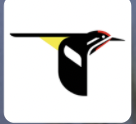 The Cornell Lab of Ornithology
The Cornell Lab of Ornithology
2 March 2022 12:00am
Introducing the WILDLABS On the Edge Fellows
10 February 2022 12:00am
WILDLABS Fellowships & Awards: Matchmaking between tech and conservation
28 January 2022 3:22pm
Deep Learning for Marine Ecology and Conservation
20 December 2021 12:00am
AI for Conservation Office Hours: are you interested?
8 October 2021 12:00pm
14 December 2021 2:47pm
We've now wrapped our first run of AI for Conservation Office Hours and you can read my review of how it went and lessons learned here.
Given the overall success of the programme, we're excited to announce that in early spring next year we will be coordinating a second round - so keep an eye out for further updates in the new year on the application and sign-up process.
Also, we'd love to know whether you'd be interested in having a 1:1 so comment below and tell us what conservation tech challenge you would like to cover or how a session could help you in your conservation work.
Many thanks,
Lucas
AI for Conservation Office Hours: 2021 Review
14 December 2021 12:00am
Low-cost underwater camera trapping and deep learning
30 November 2021 12:00am
The race to save California's rarest butterflies
29 November 2021 12:00am
Environmental Data Justice
26 November 2021 12:00am
Technical Difficulties: The Promise and Pitfalls of Machine Learning for Conservation
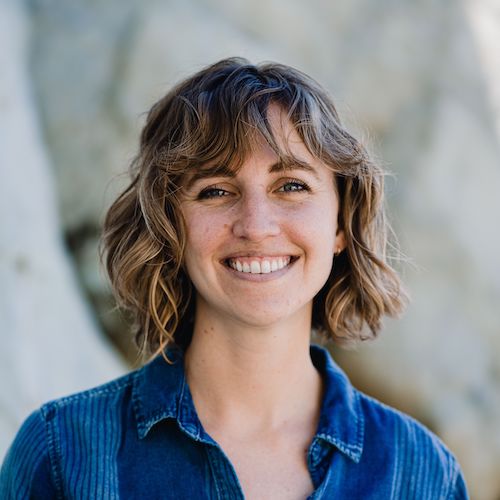 Sara Beery
and 1 more
Sara Beery
and 1 more
23 November 2021 12:00am
Caiman: Images as Sources of Intelligence
18 November 2021 12:00am
Try our open-source automatic camera trap detection/labeling tool!
12 November 2021 8:39pm
Opportunity: GEO-Microsoft Planetary Computer Programme
4 November 2021 12:00am
EarthRanger Announces Inaugural Conservation Tech Award Recipients
3 November 2021 12:00am
Opportunity: PhD or Postdoctoral Research Fellowships - Chinstrap penguin biologging
1 November 2021 12:00am
Using IoT and Machine Learning to help protect Kenya's Rivers
21 October 2021 12:00am
Tech Tutors: How do I analyze large acoustic datasets using PAMGuard?
14 October 2021 3:42pm
How do I analyze large acoustic datasets using PAMGuard?
7 October 2021 12:00am
Call for Papers: Special Issue on Computer Vision Approach for Animal Tracking and Modeling
20 September 2021 12:00am
Tech Tutors: How do I use AI to fight wildlife crime?
1 September 2021 10:59pm
Which are major open challenges that AI can help to solve in nature conservation ?
28 April 2021 9:15am
4 August 2021 5:00pm
I would perhaps ask this in a new thread, so the rest of the community can see it! (as opposed to a reply here, where only the people in the conversation are notified of more replies).
13 August 2021 10:04pm
Elizabeth Bondi has work on detection from thermal imagery taken by drones! I'd look at her papers :)
27 August 2021 10:51am
Looks good, but what is the added value compared to other examples as Obsidentify and Plantnet?
AI/ML Engineer Job at Dryad
26 August 2021 2:45pm
Widening the Bottleneck: Can Citizen Science Accelerate Conservation?
19 August 2021 12:00am
Open positions in ML & conservation/climate sci
18 August 2021 2:22pm
Geo for Good Lightning Talks: Nature Conservation
 Google Earth Outreach
Google Earth Outreach
17 August 2021 12:00am
Building Sustainable Support with Edge Impulse
13 August 2021 12:00am
Accessible Tech and Real Impact with the WILDLABS Fellowship: On the Edge
9 August 2021 12:00am
WILDLABS Community Call: August 12th
4 August 2021 12:00am

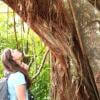










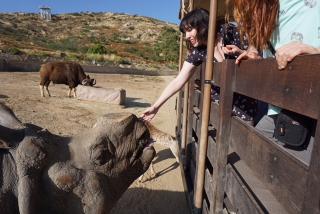
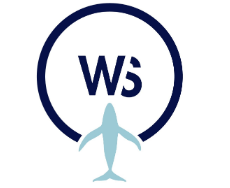

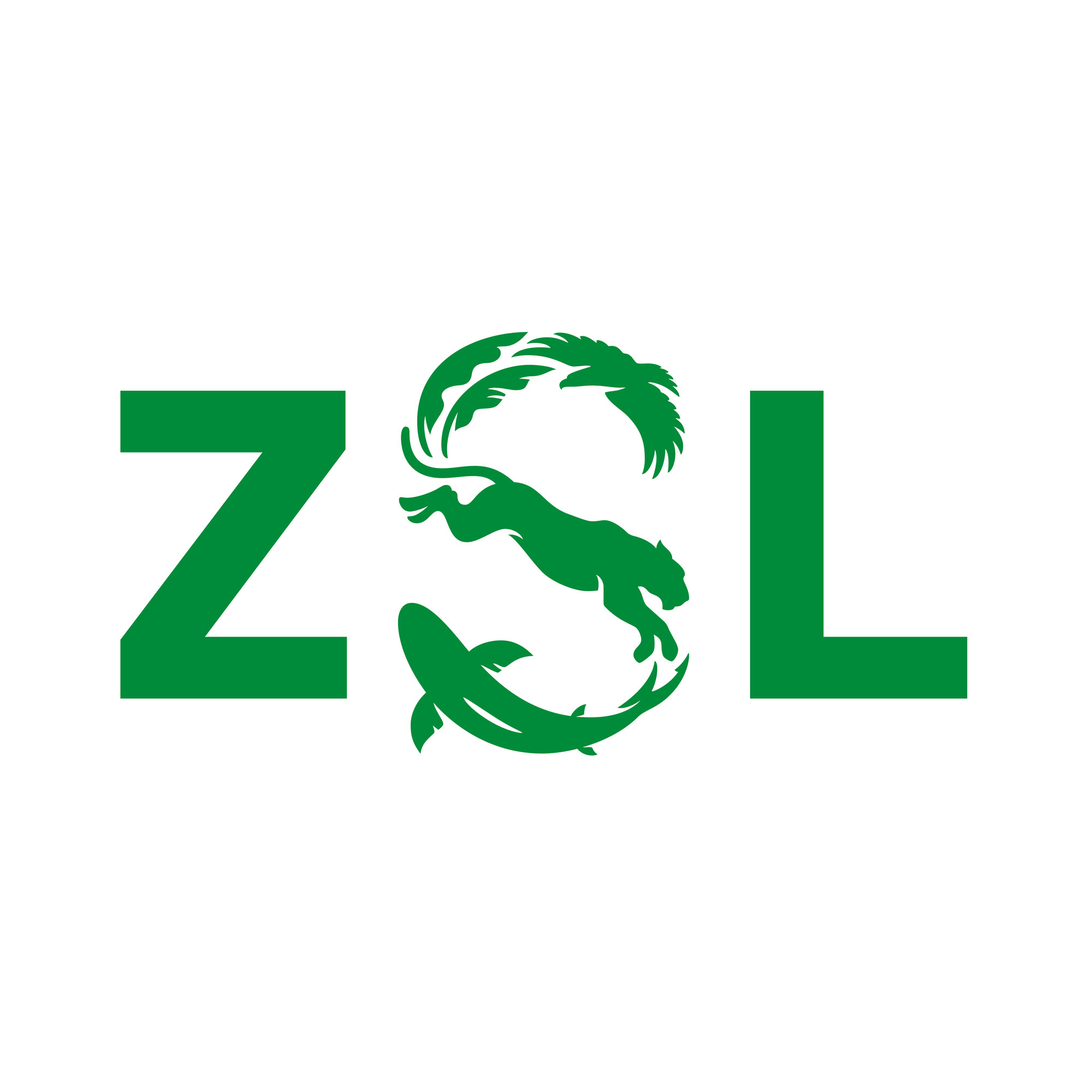


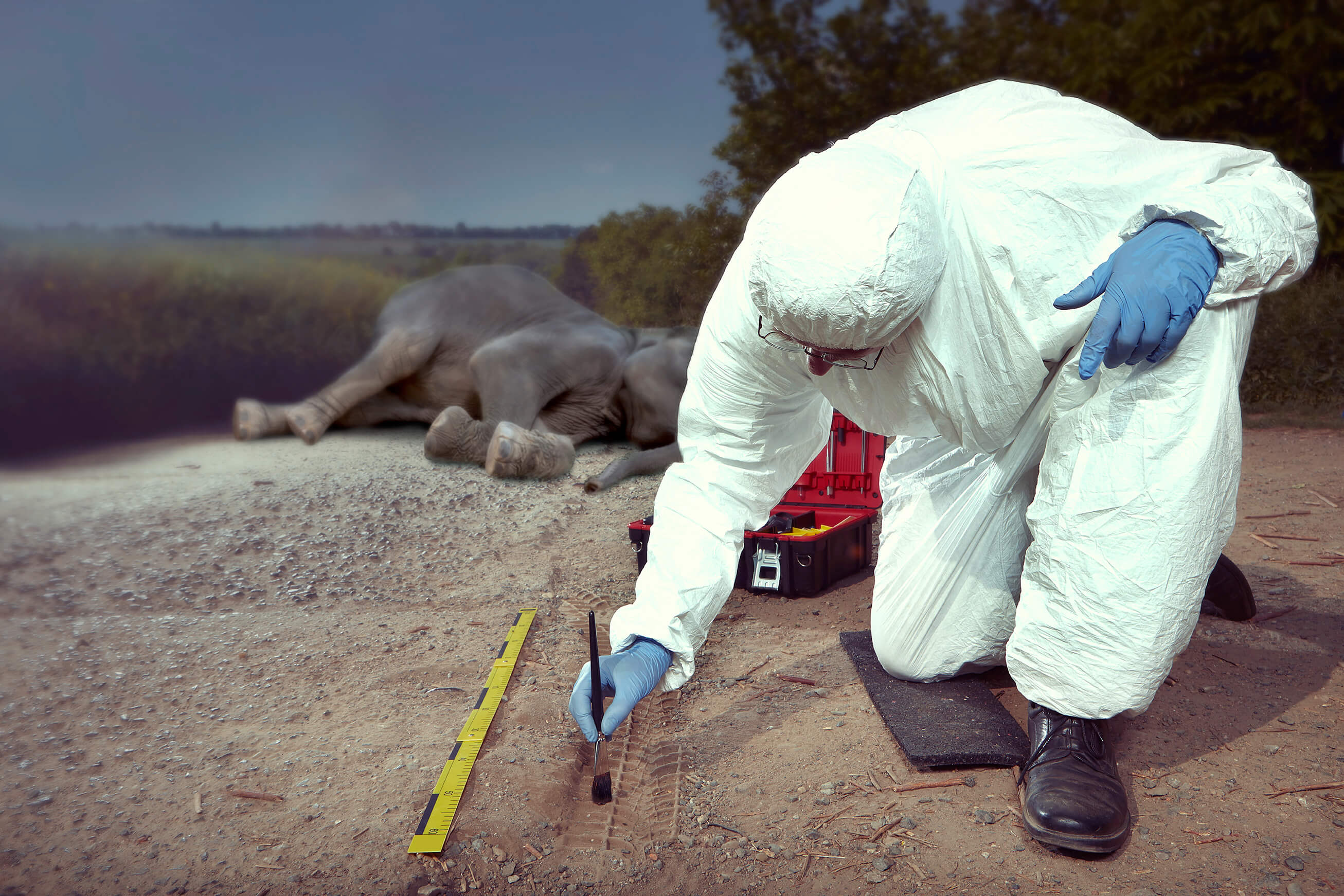
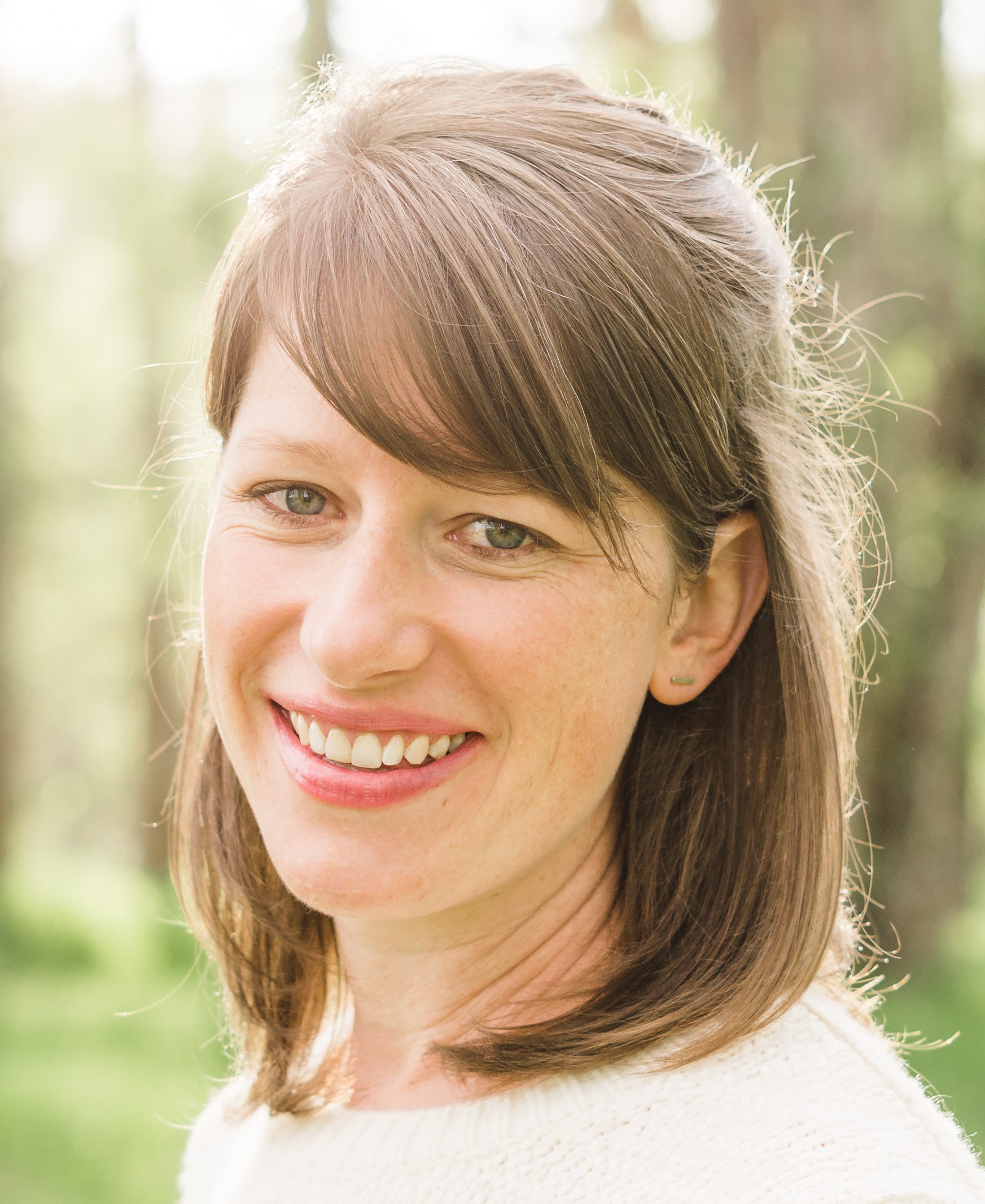
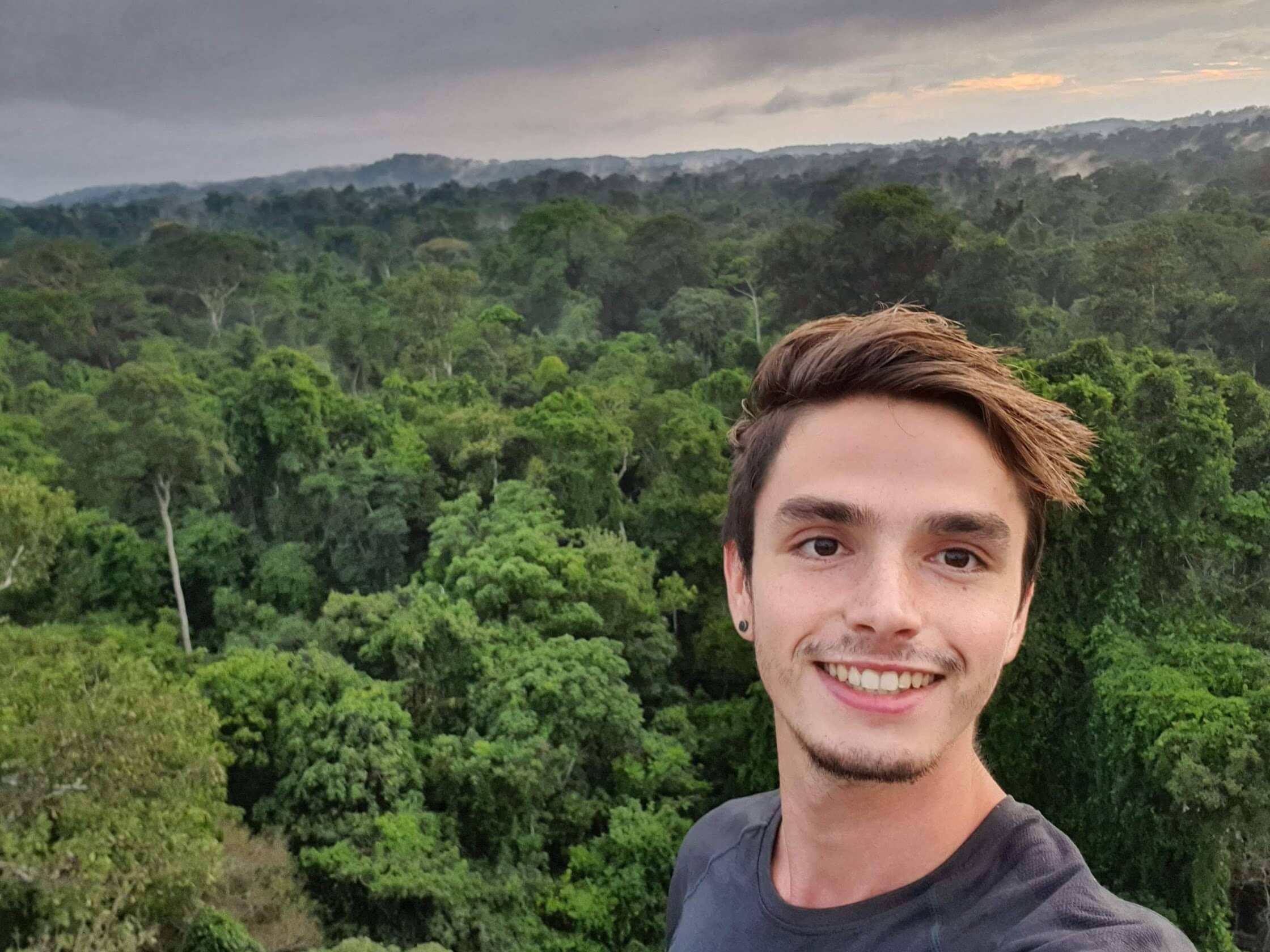








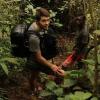












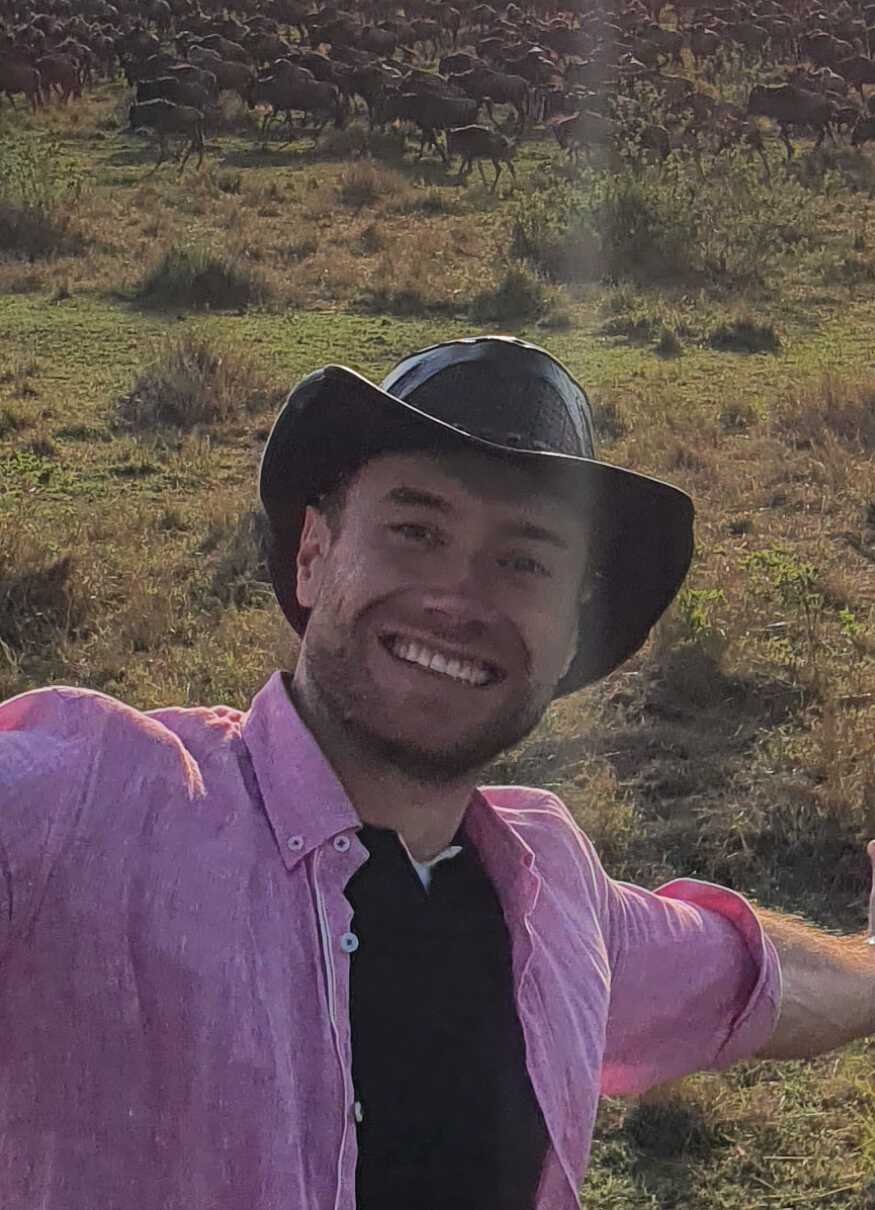











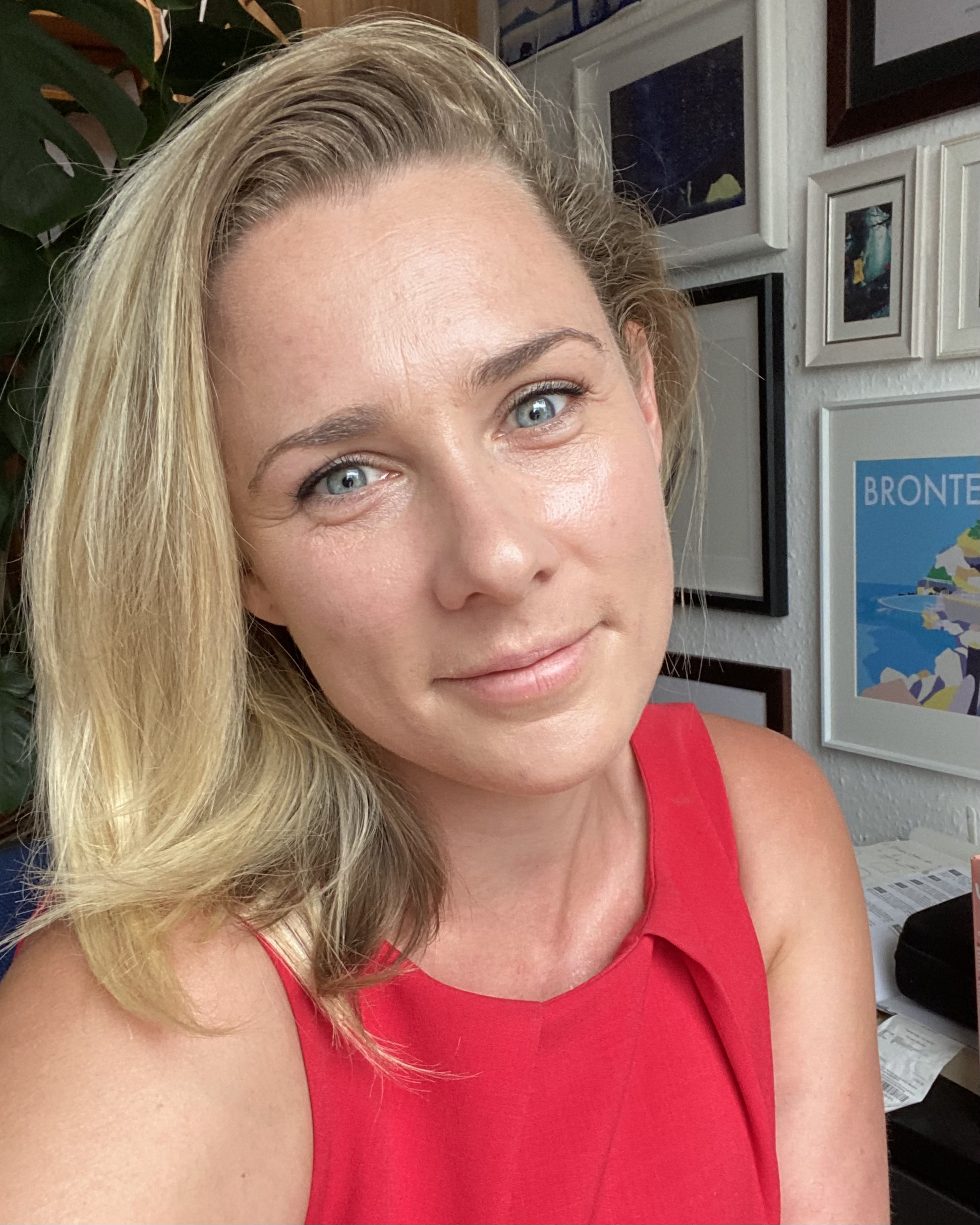
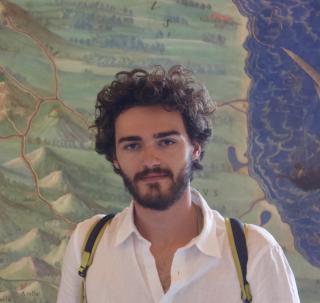


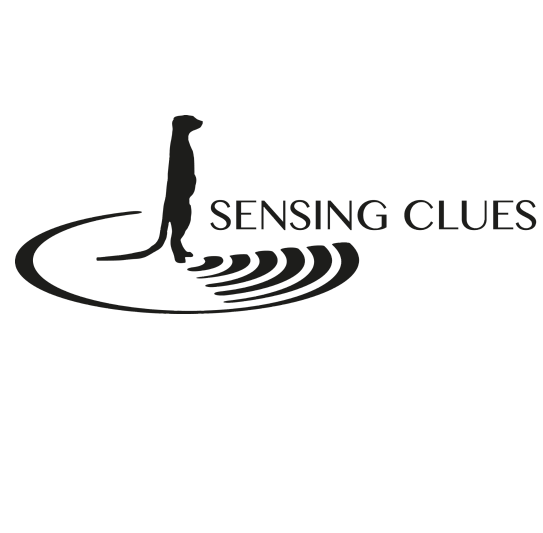




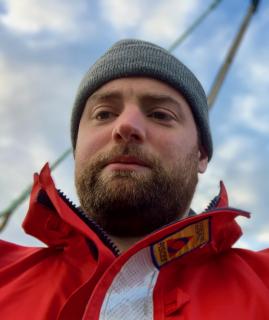

25 October 2021 4:13pm
Hi Wildlabbers!
We're now going ahead with a small pilot of around ten 1:1 office hour sessions with Microsoft AI for Earth specialists. More details coming very soon.
For the time being sign-ups are now closed, but thank you to everyone who has been interested. We will keep you updated on how the 1:1s go and whether there will be further sessions to sign up for later in the year.
Cheers,
Lucas